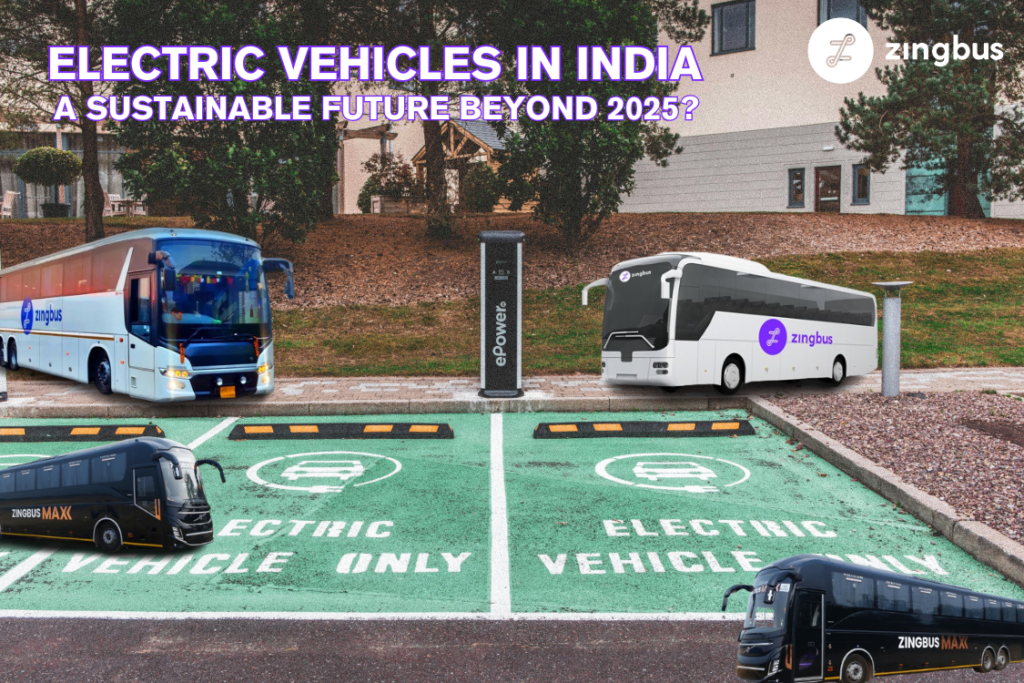
With our steps into the year 2025 and yet, sustainability has become part of an emerging global conscience of the very way to be sustainable in facing challenges of global warming and climatic change, reflected in the growing demand for electric vehicles in the world’s greatest democratic nation of India. Guided by the Paris Agreement goals and the National Action Plan on Climate Change, or NAPCC, nations, electric vehicles in India are now turning out to be an essential component of climate action.
Table of Contents
The Role of Electric Vehicles in Sustainable Development
Electric vehicles (EVs) are seen as a silver bullet in the quest for a sustainable future. They can bring about a sharp reduction in carbon emissions, diminish air pollution, and help India meet its sustainability goals, primarily SDG Goal 13, which focuses on climate action. As we push towards the achievement of climate goals set by the Paris Agreement, electric vehicles, especially electric buses, are fast becoming a critical part of climate change action plans worldwide and in India.
India has a large and variegated population. The country also contributes to the world’s largest share of greenhouse emissions. Still, India has taken significant steps forward in the fight against climate change with several initiatives, not the least the National Action Plan on Climate Change, which provides a comprehensive framework for national action on climate change at all levels in the country. Among the eight key missions of NAPCC, the promotion of sustainable transportation systems resonates perfectly with the growing need for EVs in the country.
Among the main aspects of sustainability and development is the transition from traditional fossil-fuel-powered vehicles to more energy-efficient, clean alternatives. The energy prevalent in EVs, running through electricity from batteries, defines a very significant part of this transition. The environmental benefit is obvious; the long-term economic and social impact of introducing electric mobility to India is also huge. Greenhouse gas reduction will be added to the saving on oil and reduce pollution level, which automatically will improve millions of people’s quality of life in India.
EVs in India: A Growing Trend
The Indian EV market is likely to witness an unprecedented growth trajectory from 2025 onwards. The momentum of electric mobility / e-mobility is being led by a synergy of government policies, technological developments, and rising awareness of the need for sustainable alternatives to fossil fuel-powered vehicles. Another prominent initiative for encouraging electric vehicle usage is E-Amrit, the Indian government platform that encourages and helps consumers gain access to benefits, incentives, and infrastructure that would help an individual take an electric vehicle.
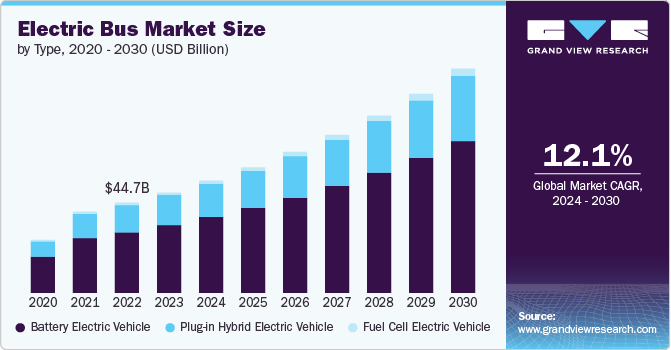
Government incentives, such as subsidies and tax rebates, are helping to bring down the prices of EVs for the common man. Further, with more and more EV charging stations sprouting up, improved battery technology for heavy-duty vehicles, and falling prices of EVs, it is making way for a cleaner transport mode. Demand for EVs in India is not only about clean transport but also about creating a future with a minimum carbon footprint.
As part of India’s climate action plan, India Energy Week 2025 is focused on accelerating the transition in the energy landscape of India with a deep emphasis on what EVs represent and how their contribution can really speed up change. This thus highlights the important role of EVs in this process of attaining Paris Agreement goals for India. SDG Goal 13, which focuses on climate action, is a significant framework that aligns with the push for EVs in the country, setting clear targets to limit global temperature rise and reduce emissions.

India launched initiatives such as the FAME (Faster Adoption and Manufacturing of Hybrid and Electric Vehicles) scheme, targeting financial incentives that would encourage an increase in buying electric vehicles. Along with that, improvements and increased availability of battery technology would push India in the direction of a future dominated by electric mobility.
Climate Action and EVs: A Global Perspective
The Paris Agreement on climate change has 175 countries committing to achieve a global objective that limits the rise in temperature levels to far below 2°C, pursuing efforts to limit it to 1.5°C. This is also based on the principle that climate action projects are a way of creating action among nations that must cohesively and integrally reduce greenhouse gases and combat devastating climate change impacts.
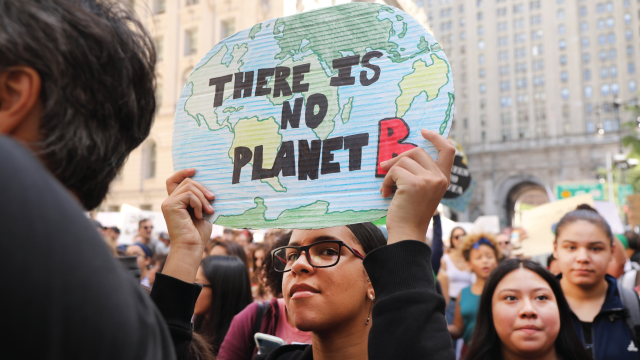
India has taken various national and state-level initiatives, such as the promotion of electric vehicles, in line with its commitment to the Paris Climate Agreement. In the National Action Plan for Climate Change (NAPCC), India has ambitious targets for reduction in emissions and increasing renewable energy sources. One of the key strategies in this plan is the promotion of EVs, which play a crucial role in reducing the carbon footprint of the country’s transportation sector. This aligns with SDG Goal 13, which emphasizes climate action and aims to combat the climate crisis.
The Paris Agreement Goals and India’s Commitment
India is among the largest emitters of greenhouse gases (GHGs) and will, therefore, be a very key player in fulfilling the commitments stipulated under the Paris Agreement. India, just like all countries, is caught between growing its economy while remaining environmentally conscious and committing efforts towards huge carbon reductions. The best possible way for India’s transportation sector to reduce carbon emissions from vehicle sources is by increasing the percentage share of electric vehicles.
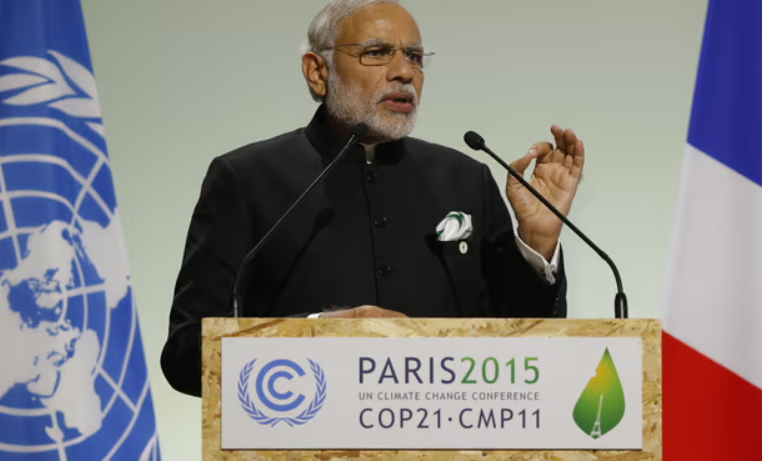
India’s commitment to the Paris Agreement may be seen through the national action plan on climate change, which is similar to what is being agreed upon at the global climate change level. This involves projects aimed at reducing greenhouse gas emissions, promoting efficiency in energy use, and giving a further boost to renewable sources of energy.
EVs are centered on this strategy, and the growth of electric mobility in India is driving this nation toward a sustainable future. National Action Plan on Climate Change for India Describes clear goals and actions leading the carbon footprint down in the energy and transport sectors, which reiterates the use of cleaner technologies while promoting the establishment of electric vehicle production and distribution.
Impact of (Los Angeles) California Wildfires and Global Warming
The raging wildfires in Southern California (Los Angeles) in January 2025 are a reminder of the urgent need for global climate action. The devastating fires, fueled by extreme weather conditions and high temperatures in the region, underscore the consequences of global warming and climate change. The devastating implications of these fires on the local environment, wildlife, and human communities emphasize the need for concerted action against climate change.

India, as a part of the global community, needs to act very urgently and decisively towards reducing the devastating effects of climate change. The adoption of electric vehicles is one of the crucial steps in this direction because carbon emissions are curbed, thus bringing down severe weather events such as wildfires, droughts, and floods.
Hence, action plans regarding the reduction of emissions with cleaner transportation can help people cope with dangerous changes in climate in a much better manner.
The Future Road of EVs and Sustainability
India needs to shift towards electric mobility in the coming years, 2025 and beyond, to meet its climate action targets. With sustainable transportation solutions, India can contribute to the global effort in combating climate change and work towards a sustainable future. The country’s emphasis on the Paris Agreement and SDG Goal 13 is also reflected in its increasing focus on EVs, climate action, and carbon emission reduction. As per the future development of the National Action Plan on Climate Change for India and a host of such climate change endeavors, including action projects on climate and global warming projects, India is going to drive electric vehicles with an intensified demand for those electric vehicles that are surely going to open a greener road, supported by the clean green and sustainable mode of transportation.
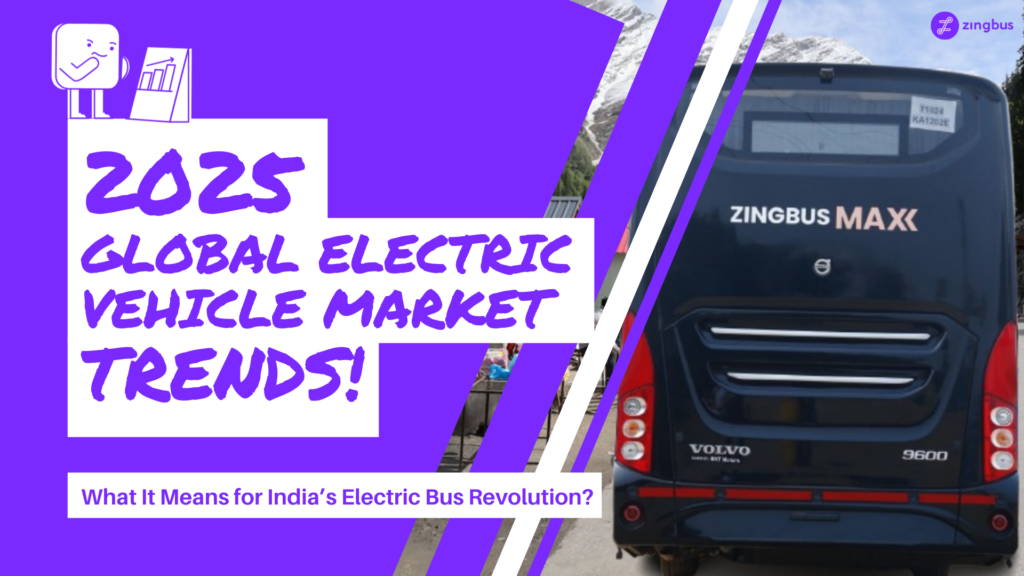
Conclusion
The integration of electric vehicles in the transportation ecosystem in India forms a trend reflecting an extremely important constituent of a much broader climate action strategy. An era wherein the whole world is combating the adverse effects of climate change has made electric vehicles vital in curbing carbon emissions, fostering sustainable development, and contributing to a cleaner global climate. With E-Amrit initiatives, India is making giant strides toward a sustainable future through a transition to electric mobility.
Moreover, in the years to come, from 2025 and beyond, the rise of EVs in India will play a crucial role in the global effort to fight climate change and ensure a sustainable world for the next generations.
A sustainable future would thus require many more miles in a long journey. Continuous innovation, collaboration, and commitment to climate action could bring hope for driving forward toward an optimistic, purposeful, and promising tomorrow with India as part of global efforts against climate change.
In doing so, it can also pave the way for a healthier, greener, and more sustainable planet through supporting initiatives such as the National Action Plan on Climate Change India and implementing projects like these with foresight into global warming and climate change.
































 2025: Visit the Most Photogenic Top 10 Zoos in India this March
2025: Visit the Most Photogenic Top 10 Zoos in India this March 






Leave a Reply